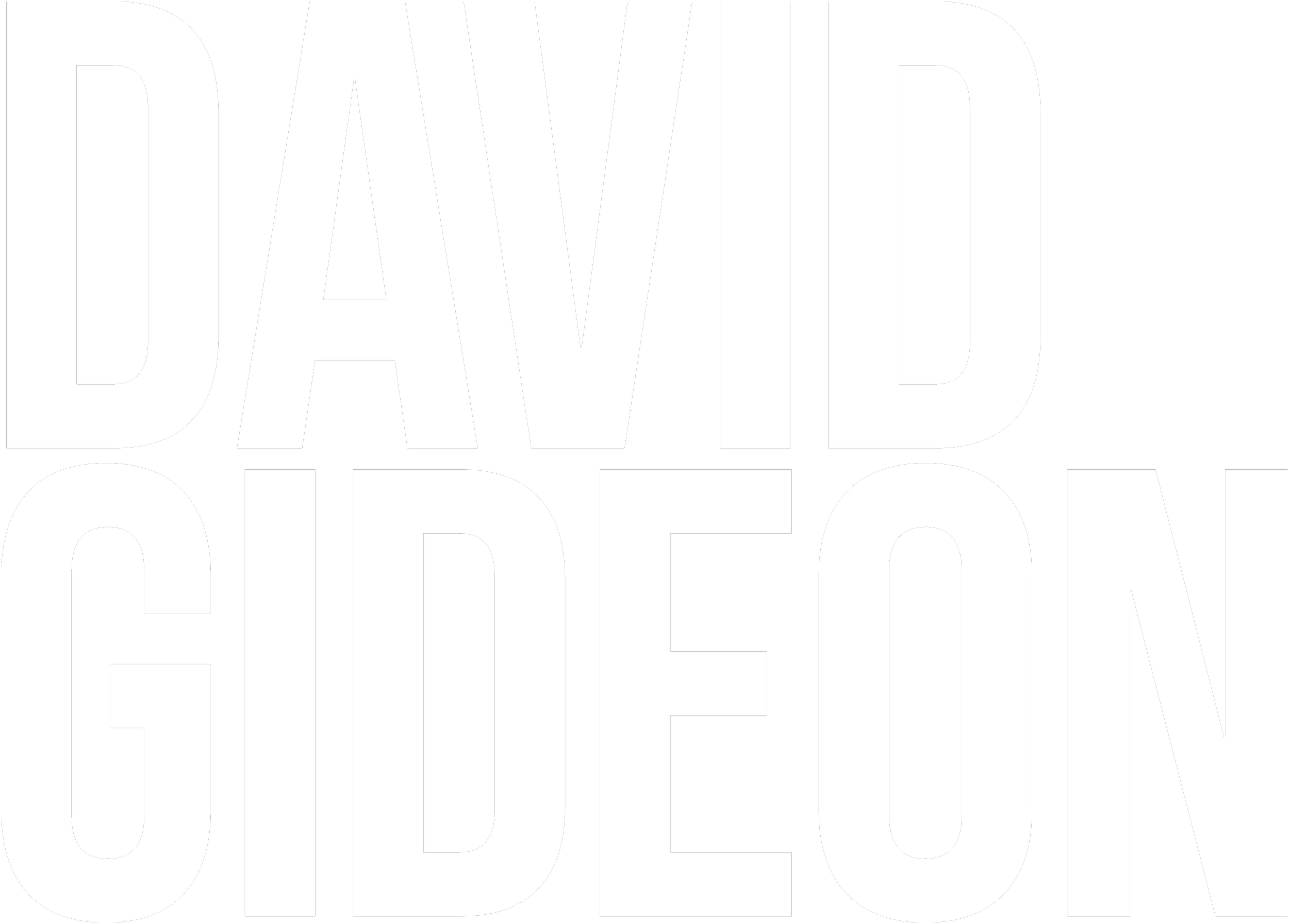Whether at The Actors Studio or elsewhere, when an actor says that his/her character would do something a given way, I can still hear Lee Strasberg’s voice saying, “how do you know what your character would do? You don’t even know what you would do.” I can also remember sitting in his class and being very confused. After all, didn’t the writer tell me not only what my character would say, but also what he would do, and how he would do it? Even if the script didn’t supply this information, wouldn’t my director tell me how I should do things?
As it turns out, this isn’t always true. Certainly, while rehearsing, there is room to explore and discover what and how I, in character, do something. Only then can its relevance to the story can be discerned and it can be kept or changed to suit the vision of the playwright and the director. Elia Kazan once shared his opinion as to what contributed to Marlon Brando’s acting genius. He said that Marlon always came in with ideas and behaviors that he had reached on his own. When Kazan asked something different of him, instead of changing his work, he would do exactly what was asked of him combined with what he was already doing. Kazan said, ” I always got what I wanted, and more.” But if, according to Lee, I shouldn’t reason my way to a character choice – if I shouldn’t choose what my character does and how s/he does it – how do I get to the character’s behavior? Furthermore, what did he mean when he said, “you don’t even know what you would do?”
Certainly I have a good sense of myself, my values, and how they impact my responses. Can’t I count on this and apply this to my character? Am I confined to play every character strictly from myself? Does my recognition of how the character differs from me count for nothing? And then, if I paid attention to Lee’s definition of a “simple scene”, I would have to resign myself to playing only characters that I could play “as myself.”
What Lee was explaining to us was that when studying a role we tend to see our characters in absolutes. Our character is cowardly or heroic. He is honest, or a cheat and a fraud. As we recognize this we almost automatically apply archetypes and stereotypes gleaned from other stories. Of course, this can often lead to clichéd behavior and inhibit our ability to discover. This is also where it gets a bit confusing, because if I avoid that and play the role as myself why can’t I count on my self-knowledge to bring me to the truth of the scene? This might work in everyday circumstances, but most good scripts are written around unusual situations – the “what makes this time different” element of well written stories. For example, the Tyrone family in “Long Day’s Journey Into Night” spends every summer at their country home, but it is what takes place this time that makes Eugene O’Neill’s play worthy of our consideration.
If the stories of our best scripts are outside our experiences, then we can only speculate how we would respond to the events in them. If I’ve never been confronted by a dire, life threatening illness, then there is no way of knowing how I would respond to being diagnosed with one. To speculate on a response, or to assign a response, is also to limit my response. This extends to character choices as well. If I’ve never been in that situation how can I know what my character would do or how s/he would do it? The script can only take me so far. If it forces me to face the aggression of a home break in, it can tell me whether I stand up to the intruder or run away and hide. But it can never tell me the manner in which I do these things, and to decide in advance is to restrict the opportunity of varied behavior.
Lee Strasberg was right! Not only don’t I know what my character would do, but also I don’t even know what I would do.
The solution to this problem is a great deal of fun. No matter how challenging the circumstances of the play, or the scene, or the event may be, I must make them real and give myself permission to respond personally and freely to them. In other words, I can discover what I do and how I do it in real-time as the situation unfolds in the rehearsal room or on stage. It never ceases to amaze me how we discover new things in ourselves this way. An actor might consider him/herself to be very brave, yet shake with fear in confronting the play’s circumstances, and vice versa. Only then can the actor, director, playwright collaboration come to a decision as to how to play it.
Think of the bank robbery scene in “Dog Day Afternoon” when the character played by Al Pacino fumbles with the rifle, almost dropping it, as he attempts the holdup. Did Frank Pierson describe that moment in his script? Did Sidney Lumet ask for this in his directing? Did Al decide to do this in advance? We will never know the answers to these last questions, but the performance has all the earmarks of being spontaneous.
Finally, whatever the responses turn out to be, we must trust them. And then we must hope that we never have to confront them in our real lives. Let’s have the drama on stage and on the set, and at the same time live peaceful and stable private lives.
